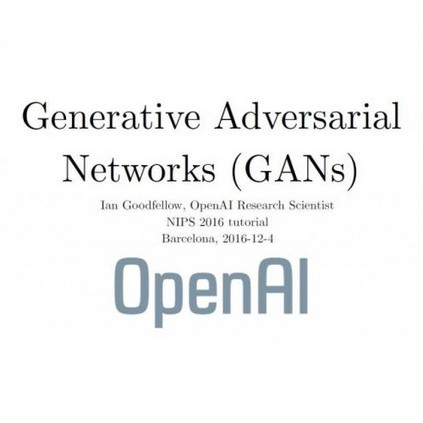Lossy audio codecs compress (and decompress) digital audio streams by removing information that tends to be inaudible in human perception. Under high compression rates, such codecs may introduce a variety of impairments in the audio signal. Many works have tackled the problem of audio enhancement and compression artifact removal using deep learning techniques. However, only a few works tackle the restoration of heavily compressed audio signals in the musical domain. In such a scenario, there is no unique solution for the restoration of the original signal. Therefore, in this study, we test a stochastic generator of a Generative Adversarial Network (GAN) architecture for this task. Such a stochastic generator, conditioned on highly compressed musical audio signals, could one day generate outputs indistinguishable from high-quality releases. Therefore, the present study may yield insights into more efficient musical data storage and transmission. We train stochastic and deterministic generators on MP3-compressed audio signals with 16, 32, and 64 kbit/s. We perform an extensive evaluation of the different experiments utilizing objective metrics and listening tests. We find that the models can improve the quality of the audio signals over the MP3 versions for 16 and 32 kbit/s and that the stochastic generators are capable of generating outputs that are closer to the original signals than those of the deterministic generators.
翻译:在高压缩率下,这类编码器可能会在音频信号中引入各种障碍。许多作品已经解决了音频增强和压缩文物清除问题。然而,只有少数作品解决了音乐领域重压缩音频信号的恢复问题。在这种情形下,在重塑原信号方面没有独特的解决办法。因此,我们在本研究中测试了用于这项任务的创性反反转网络(GAN)结构的随机生成器。这种以高压缩音频信号为条件的随机生成器,有一天可以产生与高质量释放不相容的输出器。因此,本研究可能会为更高效的音乐数据储存和传输带来深刻的见解。我们在MP3压缩音频信号上用16、32和64kbit/s来培训随机和确定性发电机。我们利用客观指标和监听测试对不同实验进行广泛的评估。我们发现,这种以高压缩音频信号为条件的随机输出器比32个模型更接近原始输出器。我们发现,这些模型的磁性信号质量比原始输出器更接近了16个图像。




